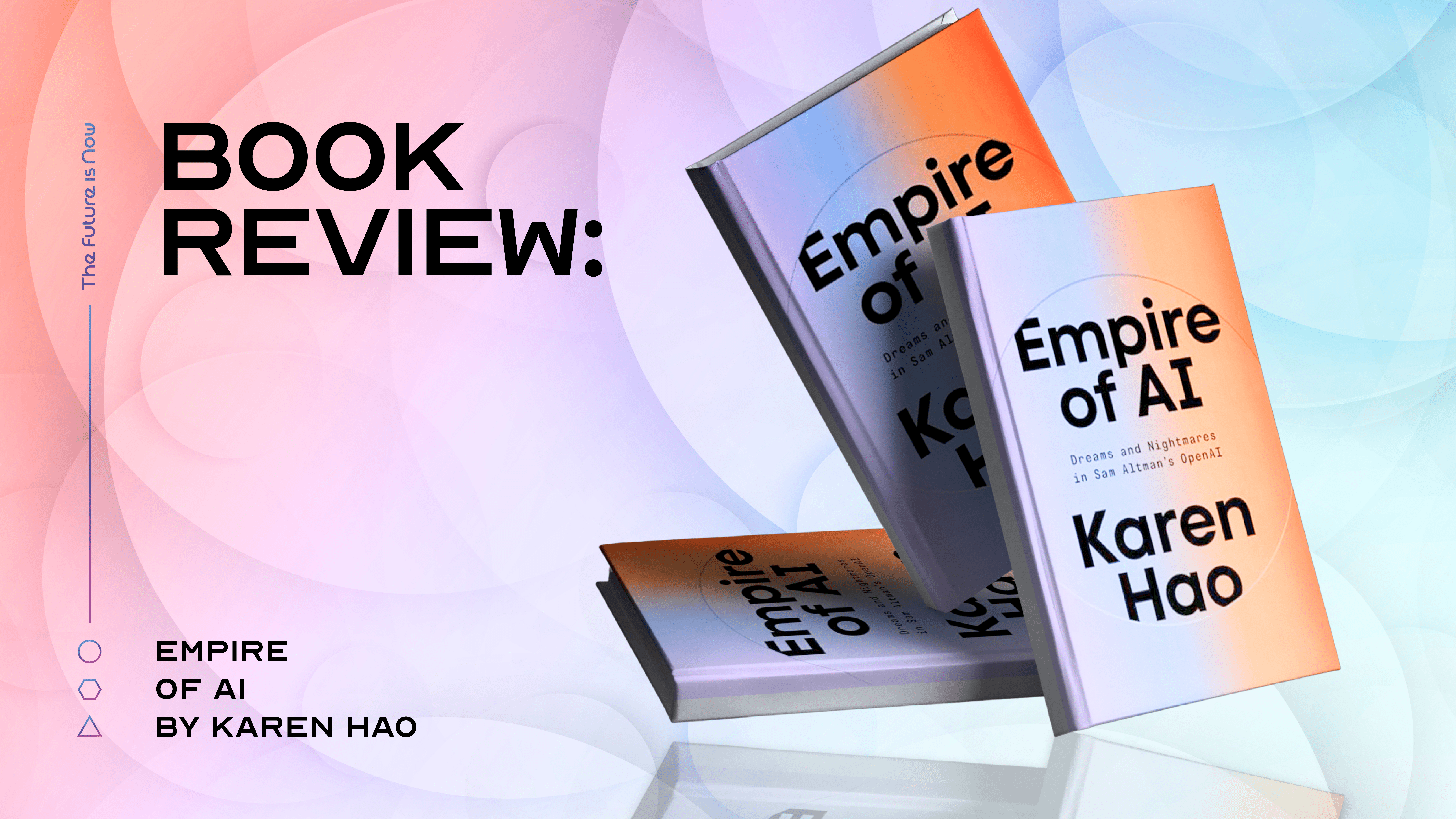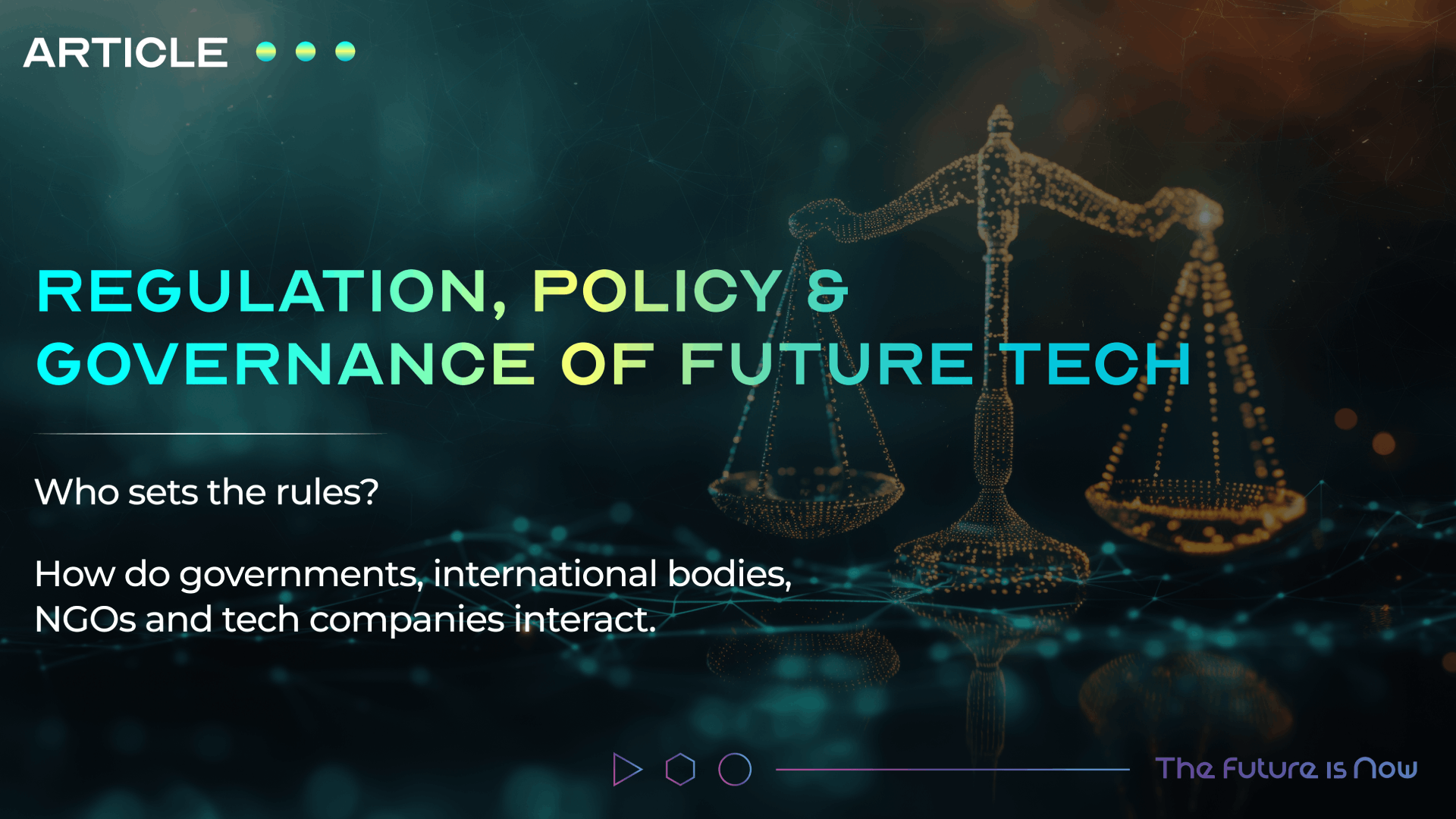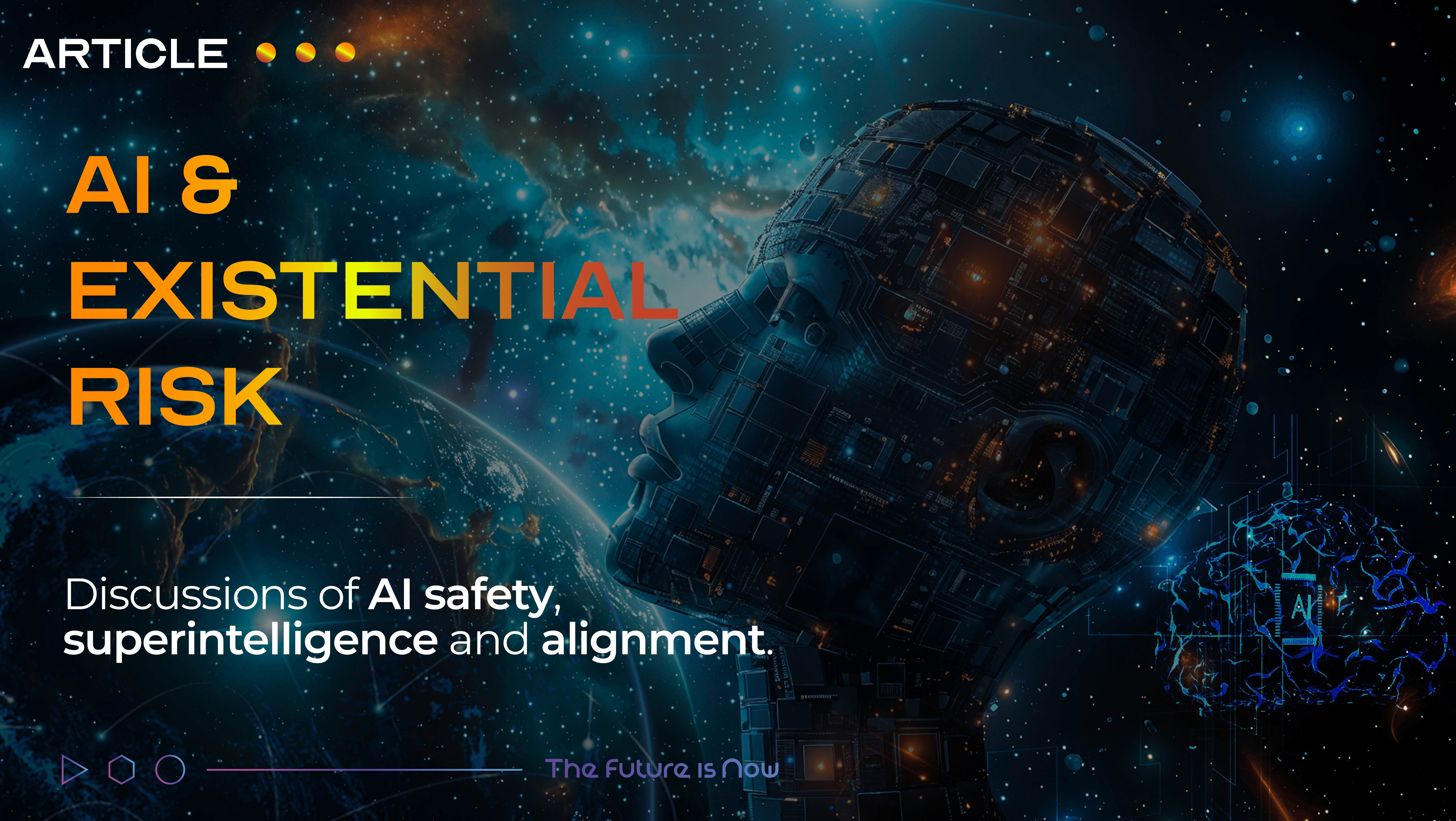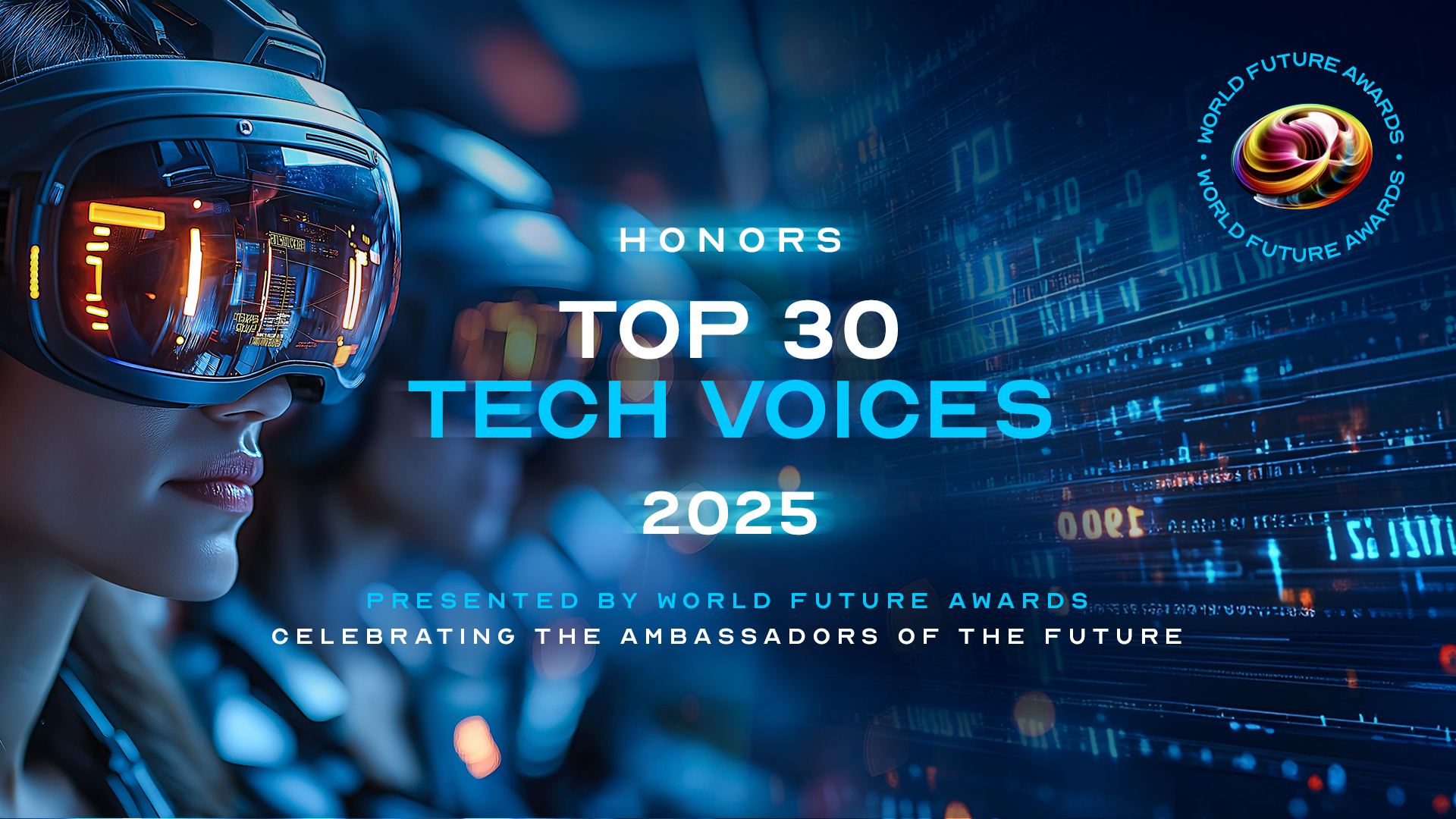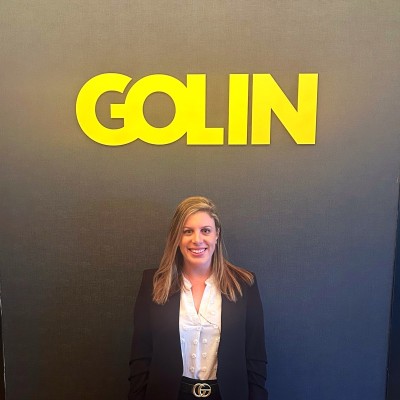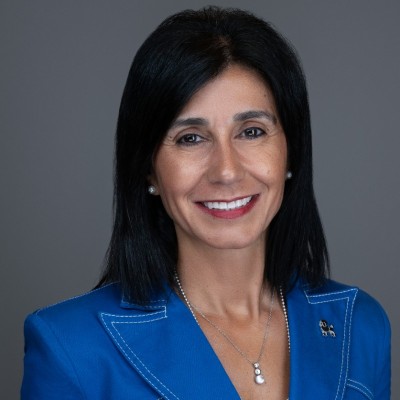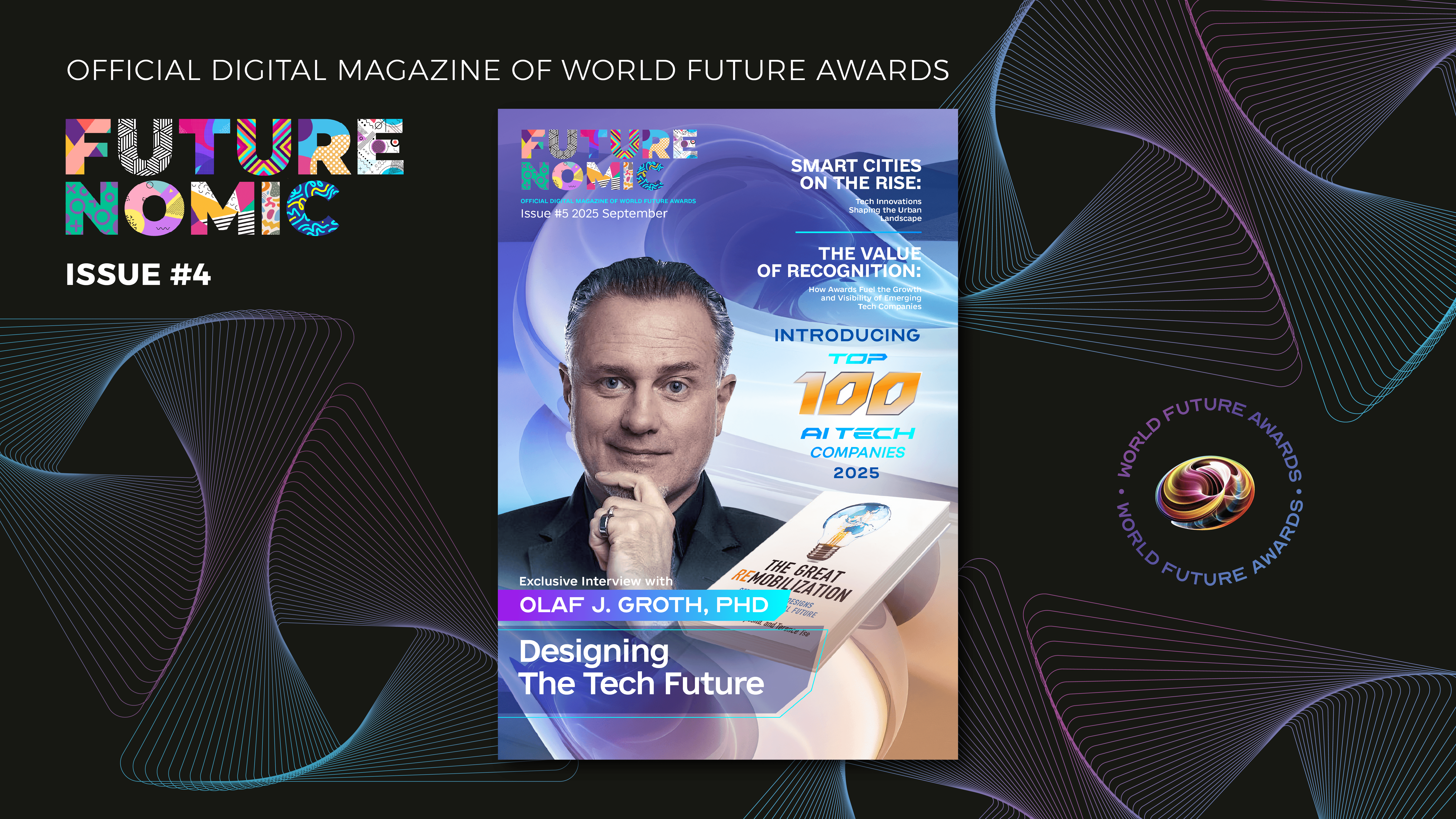In an era defined by rapid technological change, the question of who writes the rules for tomorrow’s systems is more urgent than ever. World Future Awards, which spotlights pioneering technologies and innovations around the globe, maintains that breakthroughs alone are not enough – governance, regulation, and wise policy design must keep pace if we are to harness future tech for good.
Below, we examine how different actors, governments, international bodies, NGOs, and tech companies interact in setting the rules, and explore the key issues emerging in fields such as artificial intelligence, privacy, and the wider regulatory ecosystem.
1. The Key Actors and Their Roles
Governments and regulators. National governments remain the primary locus of formal regulation. They pass laws (or issue executive orders), set national strategies, and often determine key rules around privacy, data protection, algorithmic decision-making, and AI. For example, in the US, the federal approach still relies heavily on existing laws and guidelines, while a patchwork of state-level rules is emerging. In Japan, the recently enacted AI Promotion Act (effective June 2025) sets high-level principles rather than rigid mandates, reflecting an “innovation-first” orientation.
International bodies. As technologies increasingly transcend borders, governance is no longer purely national. Bodies such as the Organisation for Economic Co‑operation and Development (OECD), the United Nations (UN), and regional institutions like the European Union (EU) shape frameworks, guidelines, and sometimes binding rules. For example, the EU’s Artificial Intelligence Act (AI Act) sets out common regulation for AI systems across member states.
Non-governmental organizations (NGOs) and civil society. NGOs, think tanks, and advocacy groups provide expertise, monitor compliance, advocate for rights (such as privacy or non-discrimination), and sometimes co-design voluntary standards or codes of conduct. Their role is especially important in pushing for transparency, accountability, and fairness in emerging-tech governance
Tech companies and industry bodies. Companies developing or deploying emerging technologies are both subjects of regulation and engines of change. They engage in self-regulation, participate in standard-setting, and respond to policy incentives (or penalties). But the fact remains: companies often move faster than regulators, creating a “governance gap” that policymakers struggle to close.
2. Interaction and The Governance Ecosystem
At the heart of governance for future tech lies a complex interplay: governments design and enforce laws; international bodies set cross-border frameworks; NGOs advocate and audit; companies comply and innovate.
From national to international coordination. Because digital and AI systems span borders, coordination matters. The UN’s recent initiatives, for example, signal a push toward global governance principles for AI, recognizing that technology developed in one country may affect people globally.
Tiered regulatory frameworks. Some jurisdictions adopt risk-based approaches: classifying technology according to how much harm it could pose, and tailoring regulation accordingly. For example, many AI frameworks treat “high-risk” applications (in health care, employment, law enforcement) more stringently than benign ones.
Soft law, standards, and experimentation. Regulators are increasingly using “soft law” mechanisms (guidelines, codes of practice), regulatory sandboxes, and pilot projects rather than only rigid prescription. Research points to a shift toward “anticipatory governance” – regulatory foresight, experimentation, and adaptive learning.
Private-public partnerships and stakeholder inclusion. Modern regulatory design leans toward co-creation: governments want input from industry, civil society, and academia to keep rules relevant and effective. The Japanese AI Promotion Act, for example, emphasizes stakeholder collaboration and voluntary initiatives.
3. Key Issues: AI Policy, Privacy Law, and Emerging Regulation
Artificial intelligence (AI) policy. With AI rapidly advancing, policy-makers wrestle with transparency, accountability, bias, safety, and existential risk. The EU’s AI Act offers a landmark example of binding regulation across borders, while national laws like California’s SB 53 (the Transparency in Frontier Artificial Intelligence Act) impose disclosure, safety-incident reporting, and whistleblower protection on frontier AI developers.
Privacy and data protection. Emerging tech often depends on vast datasets, raising concerns about how personal data is collected, used, and shared. Many countries are generalizing privacy laws (for example, under the General Data Protection Regulation in the EU), and adding AI-specific layers: if an algorithm uses personal data, how is that regulated?
Regulatory lag and innovation. A key challenge is that regulation often lags behind technological advances. This lag risks gaps in oversight and allows harmful practices to proliferate. Scholars propose “regulatory markets” – where firms purchase services of private regulators subject to public governance – as one possible innovation in governance architecture.
Global inequality and divergent standards. While advanced economies forge ahead with regulation and investment, many developing countries lag behind in readiness, infrastructure, and policy capacity. This raises issues of digital divide and global power imbalance in tech governance.
Accountability, enforceability, and governance refinement. Passing a law or standard is one thing; ensuring enforcement, accountability, and adaptability is another. The EU AI Act, for instance, foresees new bodies such as an AI Office, national supervisory authorities, and a scientific panel to coordinate governance.
4. The view from the World Future Awards
At the World Future Awards, we recognize that emerging technologies carry tremendous promise, but without sound regulation and governance, potential gains can be overshadowed by risks. As innovators shape the future, policymakers and society must ensure that future tech is safe, equitable, and aligned with human values.
Technologies recognized by WFA drive dramatic shifts; yet each shift triggers a governance ripple: who owns data, who steers algorithms, who ensures fairness, and who bears accountability? That is why winners across our categories (from AI to healthcare to consumer electronics) are increasingly interacting with policy frameworks, and thinking about compliance, ethics, and governance alongside innovation.
In short: governance matters. Innovation isn’t just about creating new capabilities; it’s about doing so responsibly.
5. Concluding thoughts
The question “who sets the rules?” in the world of future tech has no single answer. Rather, it is a kaleidoscope of actors, governments drafting laws, international institutions forging frameworks, NGOs scrutinizing outcomes, and tech companies innovating and complying. The ideal governance system is dynamic, inclusive, and anticipatory: one that can keep pace with change, manage risks without stifling creativity, and ensure that the benefits of future technologies reach everyone.
For the global community of innovators, policymakers, and citizens alike, and for the innovators honored by the World Future Awards, there is a clear call: build technology and build governance. Because to shape the future well, we must design not only what can be done, but what should be done.




